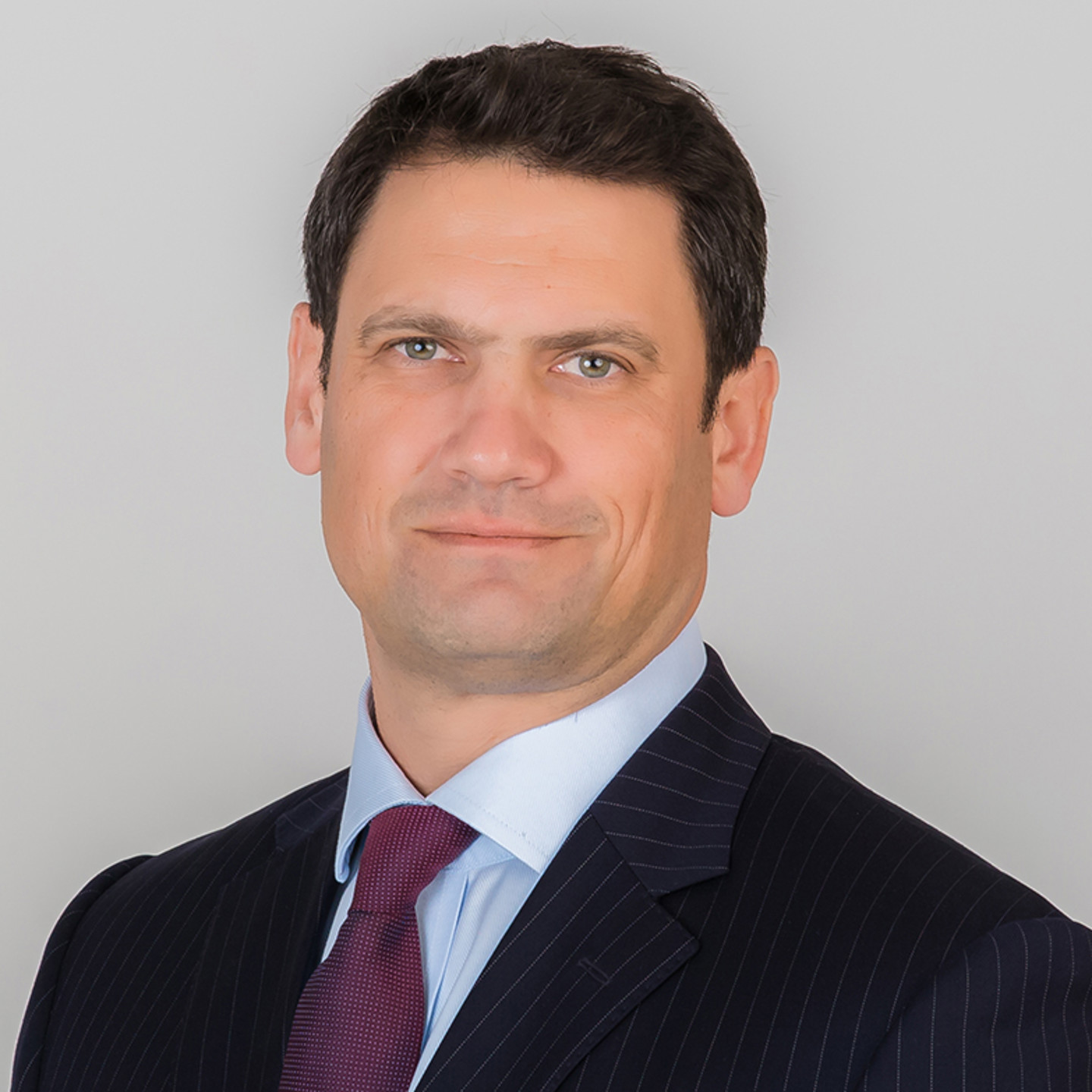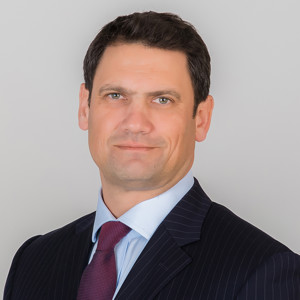
Marc Kish
Partner | Legal
Cayman Islands

Marc Kish
Partner
Cayman Islands
No Content Set
Exception:
Website.Models.ViewModels.Components.General.Banners.BannerComponentVm
Each year, legal disputes over assets worth many billions of dollars worldwide are resolved in courtrooms and boardrooms in the Cayman Islands. The jurisdiction has a reputation for dealing with complex financial services and commercial litigation based on the relevance of its legislation, the reliability of its court system, and the experience of the professionals who work here.
The Grand Court of the Cayman Islands was established in its present form in 1975, but the body of legislation in the Islands, which derives largely from English law, is supported by hundreds of years of English common law precedent. Determined to build on that foundation and in recognition of the strength of the jurisdiction as an offshore financial centre, in November 2009 the Grand Court established a specialised Financial Services Division (the FSD) for the purposes of managing complex commercial disputes. The FSD boasts a panel of six highly experienced commercial judges, who are assigned to specific cases for the duration of the proceedings. This allows the FSD judges to take an active role in case management, with the aim of ensuring that disputes are resolved as quickly and as efficiently as possible. The timeframe for doing so will naturally depend on a number of factors, including the nature of the dispute, the type of proceeding, the volume of documentary evidence and the number of witnesses involved, but even the most complex cases are typically resolved within one or two years, subject to any appeals. Appeals from the Grand Court go to a dedicated Court of Appeal, which sits in the Cayman Islands three times per year (but can also be convened on an urgent basis if necessary). The Court of Appeal is made up of a panel of eight judges, each of whom has held high judicial office for many years in the Cayman Islands or elsewhere in the Commonwealth, predominantly England and Wales, and any three judges from that panel sitting together will constitute the Court. Appeals can be made from the Court of Appeal to the Privy Council in London, which is the final appellate Court for the Cayman Islands and consists of the same judges who sit in the English Supreme Court.
The Grand Court is more advanced than most in the way it deals with cross-border disputes because of the nature of the cases it deals with on a daily basis. It recognises the need to respect and cooperate with judges in other jurisdictions and commands similar respect in return. In the 1982 case of United States v Carver et al, both the Grand Court and the Court of Appeal referred to the well-known English decision in Rio Tinto Zinc Corp. v Westinghouse, in which the English court observed that 'It is the duty and pleasure of the English court to do all it can to assist the foreign court, just as the English court would expect the foreign court to help it in like circumstances.' The Grand Court has consistently adopted that approach since at least the early 1980s, and in May 2018 the Chief Justice issued a new Practice Direction to address court-to-court communications and cooperation in cross-border insolvency and restructuring cases.
Insolvency and restructuring cases are perhaps the most common types of cross-border disputes heard by the Grand Court, but other examples include trust disputes, which can often involve high net worth families and trust assets spread across the globe, and the enforcement of foreign judgments and arbitral awards. High-profile examples of cross-border cooperation between the Grand Court and foreign courts include the liquidation of Bank of Credit and Commerce International (BCCI) in the early 1990s, which involved an agreement between Cayman liquidators and US authorities and resulted in significant recoveries for creditors, and the more recent Ocean Rig restructuring in 2017, which used Cayman schemes of arrangement to restructure approximately US$3.7 billion worth of debt in conjunction with Chapter 15 protection provided by the US Bankruptcy Court for the Southern District of New York.
The multi-billion dollar Ocean Rig restructuring, in which Ogier acted for the joint provisional liquidators, is a good example of cooperation between jurisdictions since it involved a leading international contractor of offshore deep-water drilling services whose operations comprised four companies originally incorporated in the Republic of the Marshall Islands. Unlike the Cayman Islands, the Marshall Islands lack any statutory restructuring regime, but the companies were able to benefit from the Cayman Islands scheme of arrangement process by transferring to Cayman by way of continuation (in the case of the parent) and registering in Cayman as foreign companies (in the cases of the three main subsidiaries). The Ocean Rig group had assets around the world and a considerable stakeholder presence in the United States, and so also made Chapter 15 filings in New York to benefit from the protection of the US Court.
The Grand Court and local practitioners also frequently work together with practitioners in, and the respective judiciaries of, the UK, Hong Kong, Bermuda, the Channel Islands, and other Commonwealth jurisdictions. The popularity of Cayman Islands hedge funds, private equity funds and trust structures around the world dictates that the profession in the Islands, and the infrastructure that supports it, are able to respond quickly and appropriately to developments not only in Europe and North America but also in the Asia-Pacific and Latin America regions, incorporating applicable legal developments from around the world and assisting in the smooth resolution of global disputes wherever possible.
Certain practical and technological steps have been necessary to achieve this: the Grand Court now has video conferencing equipment in many of its court rooms to enable, in appropriate circumstances, the cross-examination of foreign witnesses and hearings to be conducted by advocates in different time zones. Electronic hearing bundles are used with increasing frequency, and large-scale document discovery systems are commonplace. Advances are also underway with respect to the central electronic filing of documents for all cases in the FSD.
The Practice Direction alluded to above requires officeholders appointed by the Grand Court (primarily provisional liquidators and official liquidators) to consider, at the earliest opportunity, whether to incorporate some or all of two sets of guidelines into an international protocol or order. The guidelines in question are the American Law Institute/International Insolvency Institute Guidelines Applicable to Court-to-Court Communications in Cross-Border Cases and The Judicial Insolvency Network Guidelines for Communication and Cooperation between Courts in Cross-Border Insolvency Matters, which have been adopted by Courts in a number of jurisdictions, including the US, England and Wales, the British Virgin Islands, Singapore and Bermuda.
As a jurisdiction, we believe the Cayman Islands can expect to see considerable further growth in the area of cross-border dispute resolution and in cross-border restructurings. Our confidence in the future of the jurisdiction as a venue for international dispute resolution is underlined by the investment that Ogier has made in this area: our Cayman Islands Dispute Resolution team is now one of the largest and most experienced in the Islands and is capable of handling disputes and restructurings of any type and size.
Partner Marc Kish is part of Ogier's leading Cayman Islands Dispute Resolution team.
Ogier is a professional services firm with the knowledge and expertise to handle the most demanding and complex transactions and provide expert, efficient and cost-effective services to all our clients. We regularly win awards for the quality of our client service, our work and our people.
This client briefing has been prepared for clients and professional associates of Ogier. The information and expressions of opinion which it contains are not intended to be a comprehensive study or to provide legal advice and should not be treated as a substitute for specific advice concerning individual situations.
Regulatory information can be found under Legal Notice
Sign up to receive updates and newsletters from us.
Sign up
No Content Set
Exception:
Website.Models.ViewModels.Blocks.SiteBlocks.CookiePolicySiteBlockVm